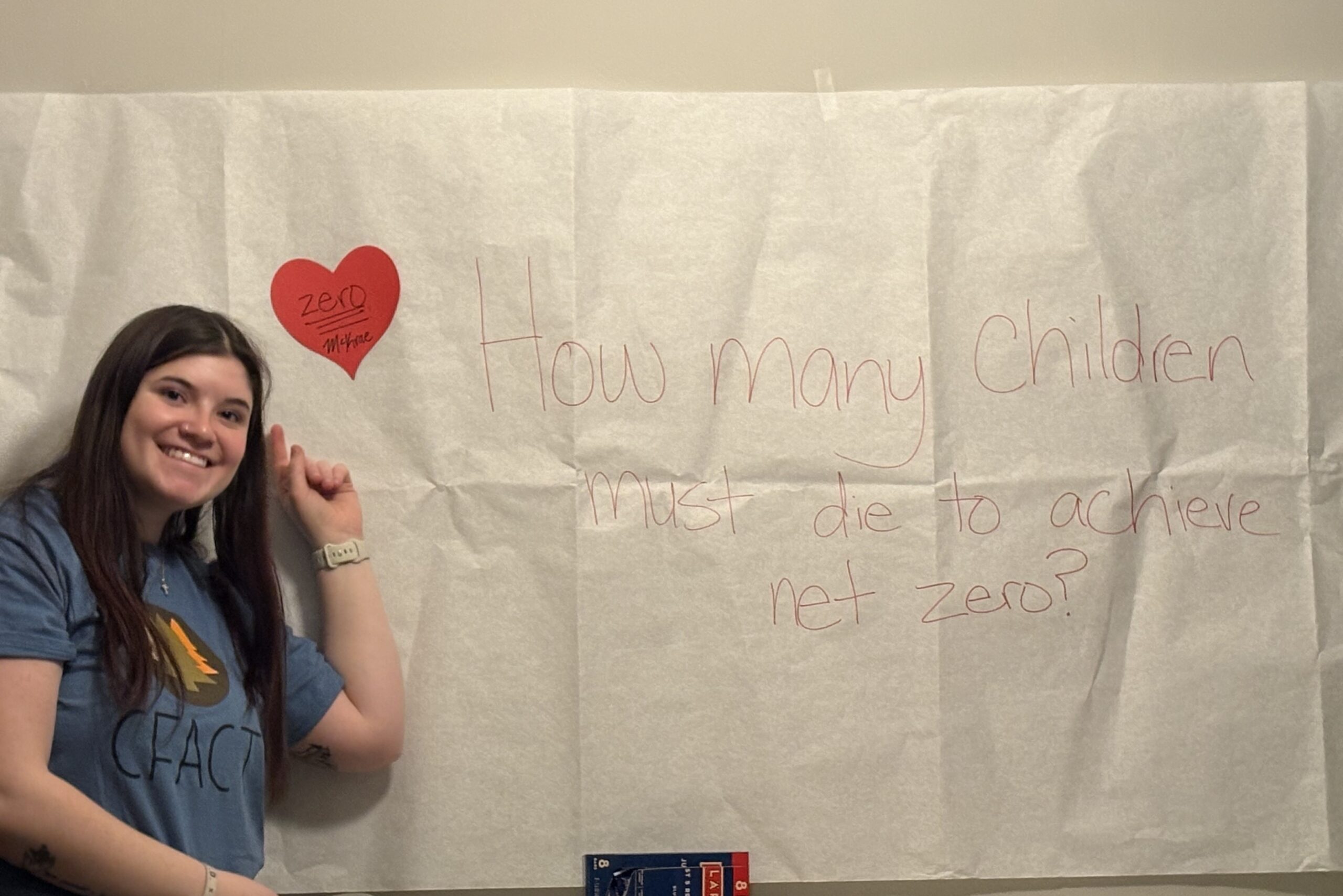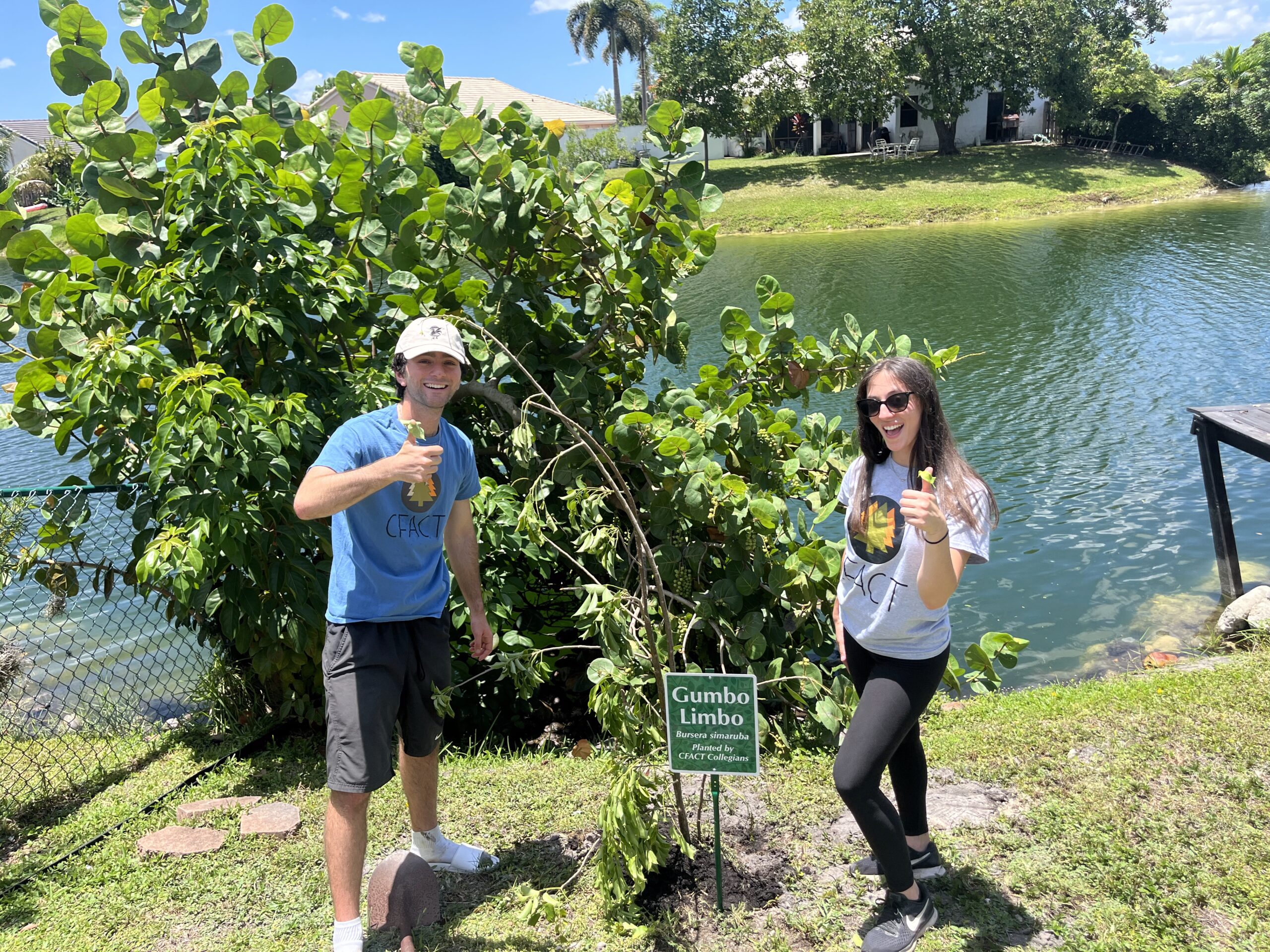Photo: CFACT Collegians Julia Heath of Liberty University in Virginia (top left), Johnny Uribe of Sam Houston State University in Texas (top right), and Luke Gratz of the University of Pittsburgh in Pennsylvania (bottom left), submit comments to BOEM on the right whale strategy plan.
CFACT Collegians from Virginia, Pennsylvania, Indiana, Washington, D.C., Texas, and Arizona submitted official comments to the Bureau of Ocean Energy Management (BOEM) criticizing BOEM’s North Atlantic Right Whale (NARW) offshore wind (OSW) protection strategy for not doing enough to ensure the survival of the right whale.
While usually government agencies give the potential impacts on wildlife far more importance than the benefits of infrastructure or energy projects in making regulations, this time, BOEM and other bureaucracies are turning a blind eye to the plight of the right whale in order to ram through President Biden’s offshore wind agenda.
While BOEM’s policy will impact many projects, CFACT Collegians focused on the impact that Dominion Energy’s Virginia offshore wind project would have on the right whale through this BOEM policy as a case study.
“My name is Julia, and I am a student with CFACT at Liberty University [in Virginia]. The North Atlantic right whale is an endangered species, with only 300 of these whales being left in the world. [Dominion’s] wind turbine project will be built directly in the path of these whales’ migratory path, posing a significant threat to their safety and population,” a submission from CFACT Collegian Julia Heath in Virginia read.
“This wind turbine project will feature 176 turbines, each 700 feet tall with blades longer than a football field,” read another submission by Luke Gratz, a CFACT student at the University of Pittsburgh, Bradford. “A 10 megawatt (MW) turbine causes 180 decibels of sound underwater, which is greater than the NOAA limit of 120 decibels for marine life.”
Johnny Uribe of Sam Houston State University in Texas echoed Luke’s concerns in his submission, writing, “The turbines in this Virginia offshore project will be 14-15 MW, and thus will cause even greater, harmful sound to the whales than a 10 MW turbine.”
In Washington, D.C., American University student Kara Howey has the same worries as Uribe. Howey informs, “This harmful sound will force the whales to migrate around the turbine project area, pushing them into busy shipping lane traffic on either side, greatly increasing the chance of whale to boat collision fatalities.”
The Biden Administration has made it a top priority to transition to “renewable” energy, and offshore wind turbines are a major part of that strategy. Achieving this goal is such a high priority for the president that executive agencies are ignoring the real, obvious threat such massive wind turbines would have to marine life such as the endangered right whale. Federal bureaucracies like BOEM are rubber stamping environmental reviews to push “green” energy no matter the cost.
“This [turbine] sound will also cause the Right Whales to go around the turbines and straight into the higher traffic shipping lane, which will cause even more deaths due to collisions,” wrote Farrell Sessler of Grand Canyon University in Arizona. “There may also be collisions due to servicing boats that attend to the turbines. In addition, based on the case of Maine Lobstermen’s Assoc. v. NMFS, any activity that causes harm to the North Atlantic Right Whale is prohibited based on the NMFS’ determination that even causing a single Right Whale death is unallowable. Are these risks and deaths worth the outcome? I beg you to listen and change your mind.”
“I am opposed to the proposed wind turbine project off the Virginia coast because there does not seem to be a compelling rationale for the project that justifies the potential danger it poses to the North Atlantic Right Whale, an endangered species,” said Kyle Reynolds of Indiana University, Bloomington. “To quote the National Marine Fisheries Service ‘for the [Right Whale] species to recover, the population cannot sustain, over the course of a year, the death or injury of a single individual due to human causes.’ And, it is more than plausible that this project will cause such injury to North Atlantic Right Whales.”
The issue of the right whale, BOEM’s Strategy plan, and the status of Dominion Energy’s massive Virginia offshore wind project are all in flux. CFACT, along with the Heartland Institute and the American Coalition for Ocean Protection have formed a coalition that has retained legal counsel to advise on the government’s decisions regarding the environmental impact of Dominion’s wind project, and are ready to pursue litigation if such action would become necessary.
To learn more about that, click here.






